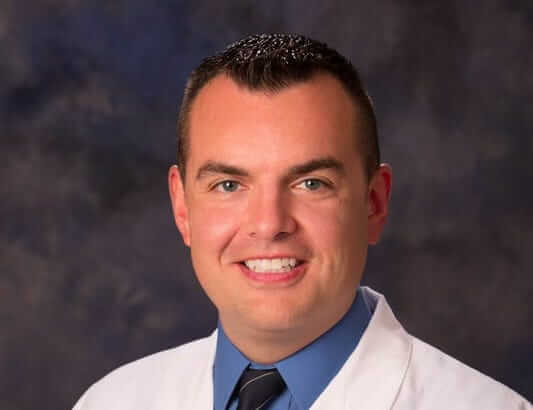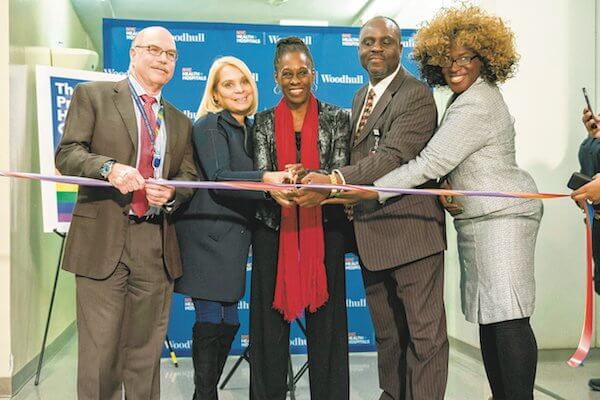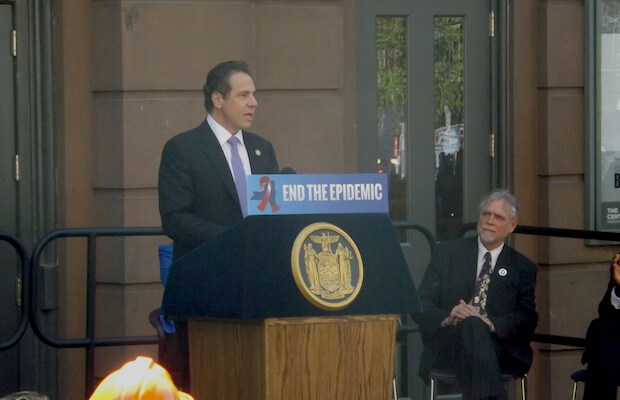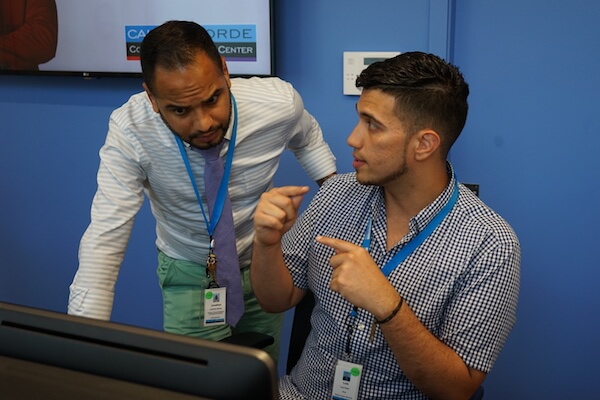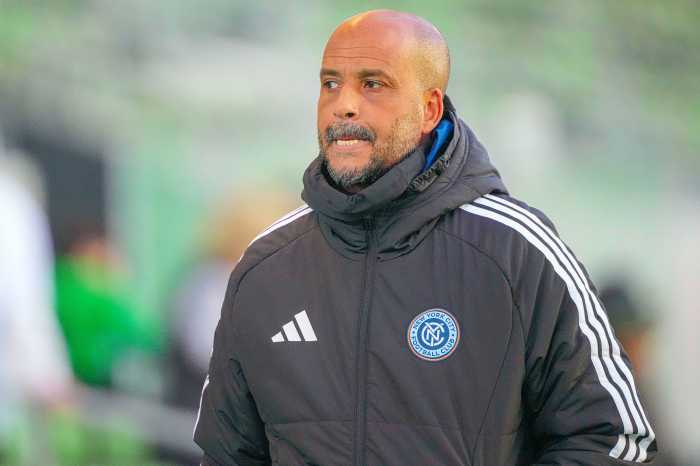More than 100 health, social service, and advocacy groups serving the LGBTQ community have issued an open letter highlighting the additional risks queer Americans may face in the unfolding coronavirus, or COVID-19, crisis.
The March 11 sign-on letter, organized by GLMA (previously known as the Gay & Lesbian Medical Association) and five other leading advocacy groups, highlighted, in particular, the fact that the LGBTQ community smokes at a rate estimated to be 50 percent higher than the general population, and is therefore more susceptible to the respiratory risks of COVID-19; has higher rates of both HIV and cancer, both of which can compromise the body’s immune system; and is more likely to encounter discrimination and unwelcoming attitudes in the healthcare system.
In addition, the letter noted, the nation has more than three million elder LGBTQ residents, who face a coronavirus mortality rate estimated to be 15 percent higher than for younger people.
“As an organization dedicated to the health and well-being of LGBTQ communities, we urge LGBTQ individuals to practice measures recommended by public health experts, such as frequent handwashing, to prevent the spread of this virus,” said Dr. Scott Nass, president of GLMA. “At the same time, like our colleagues who joined the open letter, we call on public health officials to ensure the LGBTQ community is considered and included in the public health response to COVID-19 based on potential risk factors that exist in our community.”
“As the media and health communities are pushed into overdrive about COVID-19, we need to make sure the most vulnerable among us are not forgotten,” said Dr. Scout, the deputy director for the National LGBT Cancer Network, one of the other organizers of the open letter. “Our smoking rates alone make us extremely vulnerable and our access to care barriers only make a bad situation worse. This letter outlines simple steps to ensure no population is further stigmatized by a virus.”
The other four organizations that spearheaded the open letter drive were Whitman-Walker Health, an LGBTQ clinic in Washington, SAGE, or Advocacy and Services for LGBT Elders, the New York Transgender Advocacy Group, and the National Queer Asian Pacific Islander Alliance.
In addition to highlighting the specific risks facing the LGBTQ community, the letter also made recommendations regarding government and public health actions and media coverage to ensure that queer Americans are adequately served during the pandemic.
The media was urged to detail the way in which people living with compromised immune systems or existing respiratory conditions or who smoke are at heightened risk for contracting COVID-19 and suffering severe consequences if infected.
Health experts contacted by Gay City News earlier this week said that there was no definitive evidence of how the coronavirus would affect people living with HIV generally but were in agreement that those who were not on antiretroviral therapy or had not yet been able to significantly reduce their viral load did face increased risk.
“It’s all based on level of immune suppression,” Dr. Steve Pergam, who works in the Vaccine and Infectious Disease Division at the Fred Hutchinson Cancer Research Center in Seattle, said in a written statement provided by Gay Men’s Health Crisis (GMHC). “For an HIV patient who is on stable antiretroviral therapy and has a normal CD4 count, their risk may be slightly increased. People often lump HIV patients with other immunosuppressed patients, but HIV is a different disease than it was years ago. For people who have a reconstituted immune system because of treatment, I think the risk is not going to be tremendously different” than for those who are HIV-negative.”
Public health messaging, the letter emphasized, should include information tailored to at-risk individuals and feature LGBTQ people among those pictured in graphic presentations.
Public health officials should coordinate with community-based groups within the LGBTQ community, resources should be made available to connect community members to culturally-competent care, and healthcare personnel should be reminded of their responsibility to provide services without discrimination, the groups signing onto the letter agreed.
People of color, transgender and non-binary folks, bisexuals, and immigrants are at particular risk for disparate treatment — which must be avoided not only for their benefit but also to enhance overall public health — the letter warned.
Among local signers of the letter were the Callen-Lorde Community Health Center, the Hetrick-Martin Institute, Gender Equality New York, Princess Janae Place in the Bronx, Westchester County’s LOFT LGBT Community Services Center, the Rockland County Pride Center, and the Newburgh LGBTQ+ Center.
National organizations signing on included Family Equality, GLAAD, the Human Rights Campaign, Lambda Legal, the National Center for Lesbian Rights, the National Center for Transgender Equality, the National LGBTQ Task Force, Out And Equal, OutRight Action International, the SERO Project, and the Trevor Project.

